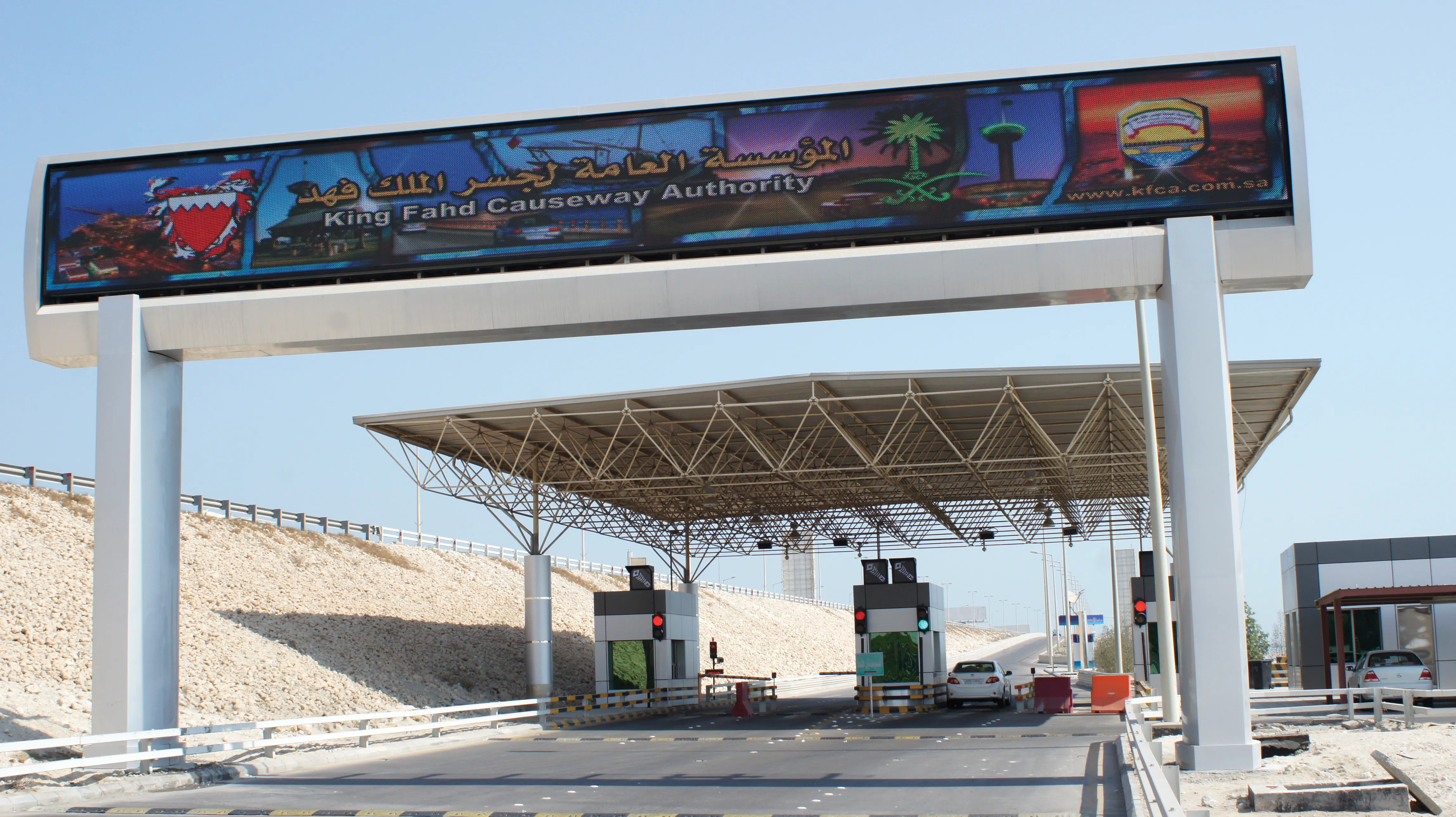Police in the US and the UK are being forced to tackle motoring expenses due to rising fuel costs. In various US states, police are being told to turn off engines and air-conditioning when vehicles are at rest and that patrols should open windows and park under trees to stay cool on warm days. In some states, drivers stopped for speeding will also have to pay a fuel surcharge on top of their fine, to cover the cost of the fuel used in their pursuit. Meanwhile in the UK, the Devon and Cornwall police force i
July 19, 2012
Read time: 2 mins
Police in the US and the UK are being forced to tackle motoring expenses due to rising fuel costs. In various US states, police are being told to turn off engines and air-conditioning when vehicles are at rest and that patrols should open windows and park under trees to stay cool on warm days. In some states, drivers stopped for speeding will also have to pay a fuel surcharge on top of their fine, to cover the cost of the fuel used in their pursuit. Meanwhile in the UK, the Devon and Cornwall police force is buying 120 bicycles for use by its officers on local patrols, as well as introducing car-sharing for officers attending meetings or non-urgent calls. Devon and Cornwall police force has seen its fuel bill rise some £300,000 to £2.5 million/year due to price hikes.
And in English city Plymouth, road users complaining about fuel prices recently opted for a leisurely pony and trap, instead of driving a car or truck during a go-slow protest drive around the city.
And in English city Plymouth, road users complaining about fuel prices recently opted for a leisurely pony and trap, instead of driving a car or truck during a go-slow protest drive around the city.







